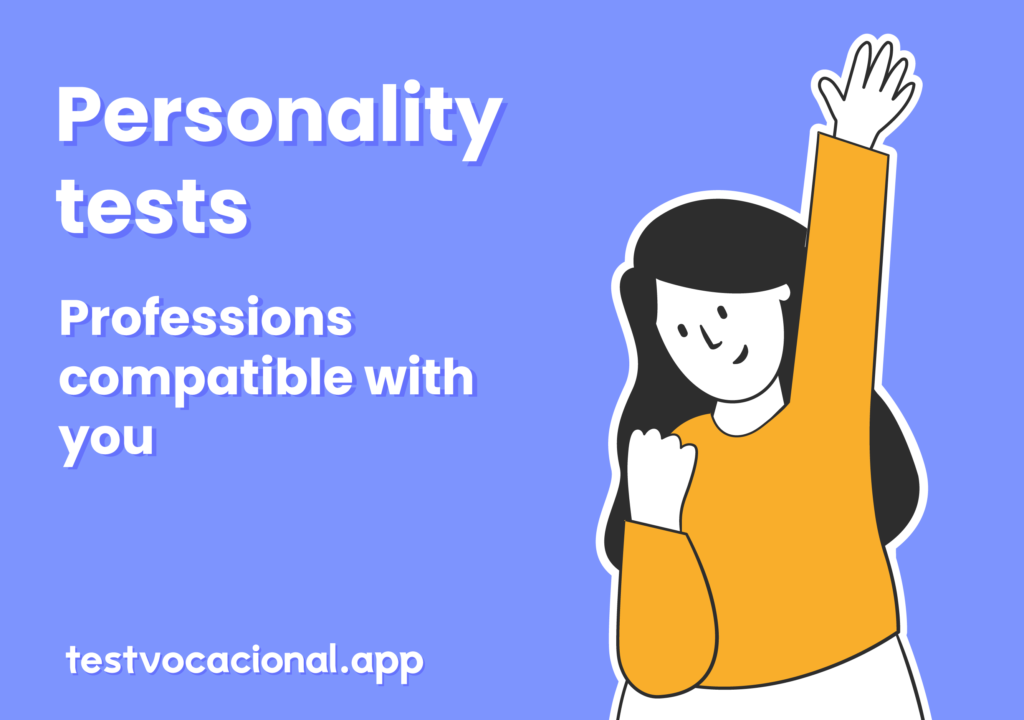A personality test is a tool capable of evaluating psychological traits and the key aspects of a person’s personality. With this test, we can identify how someone reacts to certain circumstances based on their personality traits, including their emotions and attitudes.
What is personality?
To better understand the methodology and results of personality tests, it is important to first define personality.
Personality is a combination of traits and qualities that determine how a person behaves and interacts with the world. These characteristics make each individual unique, shaping their emotions, thoughts, and actions.
What is the purpose of a personality test?
Personality tests are useful for career guidance, helping individuals decide what to study or which occupational fields best match their personality traits. Additionally, companies use these tests during recruitment processes to assess qualities such as teamwork, leadership, flexibility, and tolerance for frustration.
Choose a career based on your personality
By taking a personality test, you can gain insights into your behavior, the structure of your personality, your strengths and weaknesses, and which career paths align best with your characteristics.

Types of personality test
There are various personality tests, each with different methodologies and approaches. Below are some of the most widely used ones.
The Big Five Personality Test
This test analyzes the composition of five personality factors and evaluates the degree to which each is present in an individual. Based on the results, it can determine how well a person will perform in a given role or which professions suit them best.
This test serves as a starting point to better describe your feelings and attitudes. Find out which career, profession, or job position is ideal for your personality.
Test results: Personality factors
Your personality is composed of these five factors in different proportions. Discover the characteristics of each one!
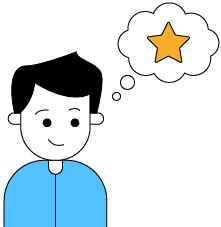
Openness to experience (O): Imaginative people with great curiosity, interested in various topics, and appreciative of art.
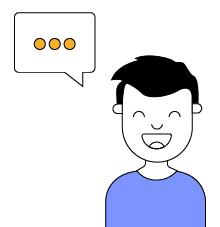
Extraversion (E): Very sociable, assertive, talkative individuals who require constant stimulation.
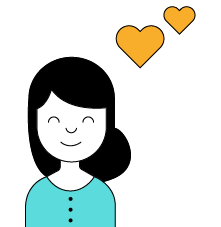
Agreeableness (A): Kind, cooperative, compassionate, altruistic, considerate, trusting, and supportive individuals.
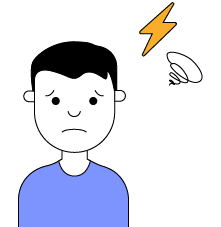
Neuroticism (N): Emotionally unstable individuals who experience anxiety, worry, and low self-esteem.
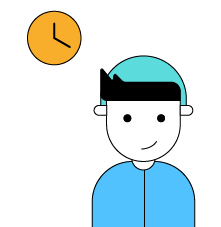
Conscientiousness (C): Self-disciplined, responsible, reliable, punctual, and honest individuals.
16 personalities test – OEJTS
This test helps identify dominant psychological traits as well as strengths and weaknesses based on how we feel or act in certain situations.
The OEJTS 16 personalities test categorizes psychological differences into four sets of opposing pairs, or “dichotomies,” whose combinations give rise to 16 psychological types based on the Myers-Briggs Type Indicator (MBTI).
Test results – Personality dichotomies
This test divides responses into four dichotomies and determines both the dominant function (the one used most skillfully and consciously) and the auxiliary function of each person.
The four opposing pairs are:
- Introversion (I) vs. Extraversion (E): Orientation of energy.
- Sensing (S) vs. Intuition (N): Information gathering.
- Thinking (T) vs. Feeling (F): Decision-making process.
- Judging (J) vs. Perceiving (P): Approach to the external world.
What are the 16 personalities?
Psychological types result from the dynamic interaction of the four preferences in relation to individual tendencies and environmental influences. Sixteen possible outcomes exist, each identified by a unique four-letter code.
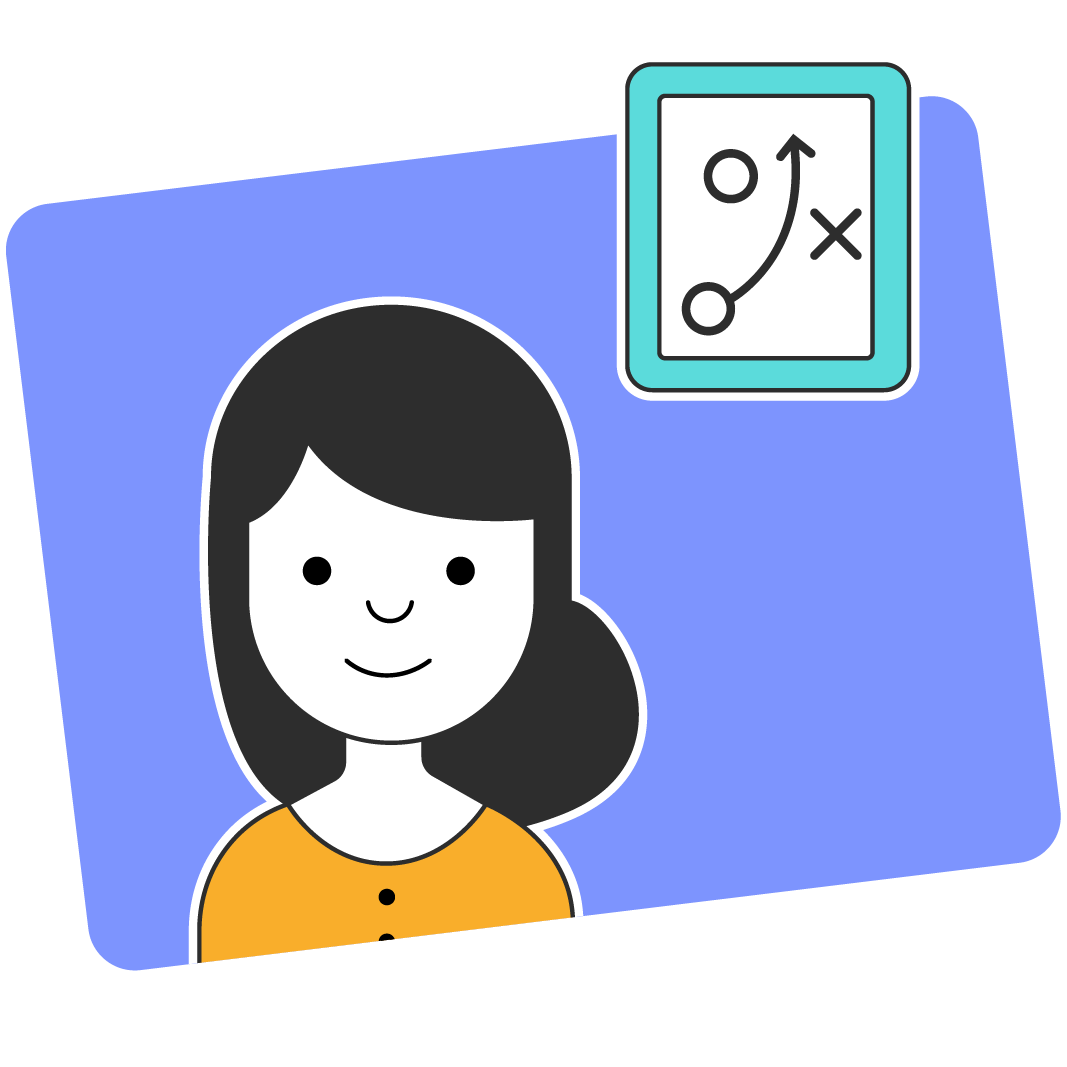
ENTJ – Commander: Extroverted, Intuitive, Thinking, and Judging.

ENTP – Innovator: Extroverted, Intuitive, Thinking, and Perceiving.
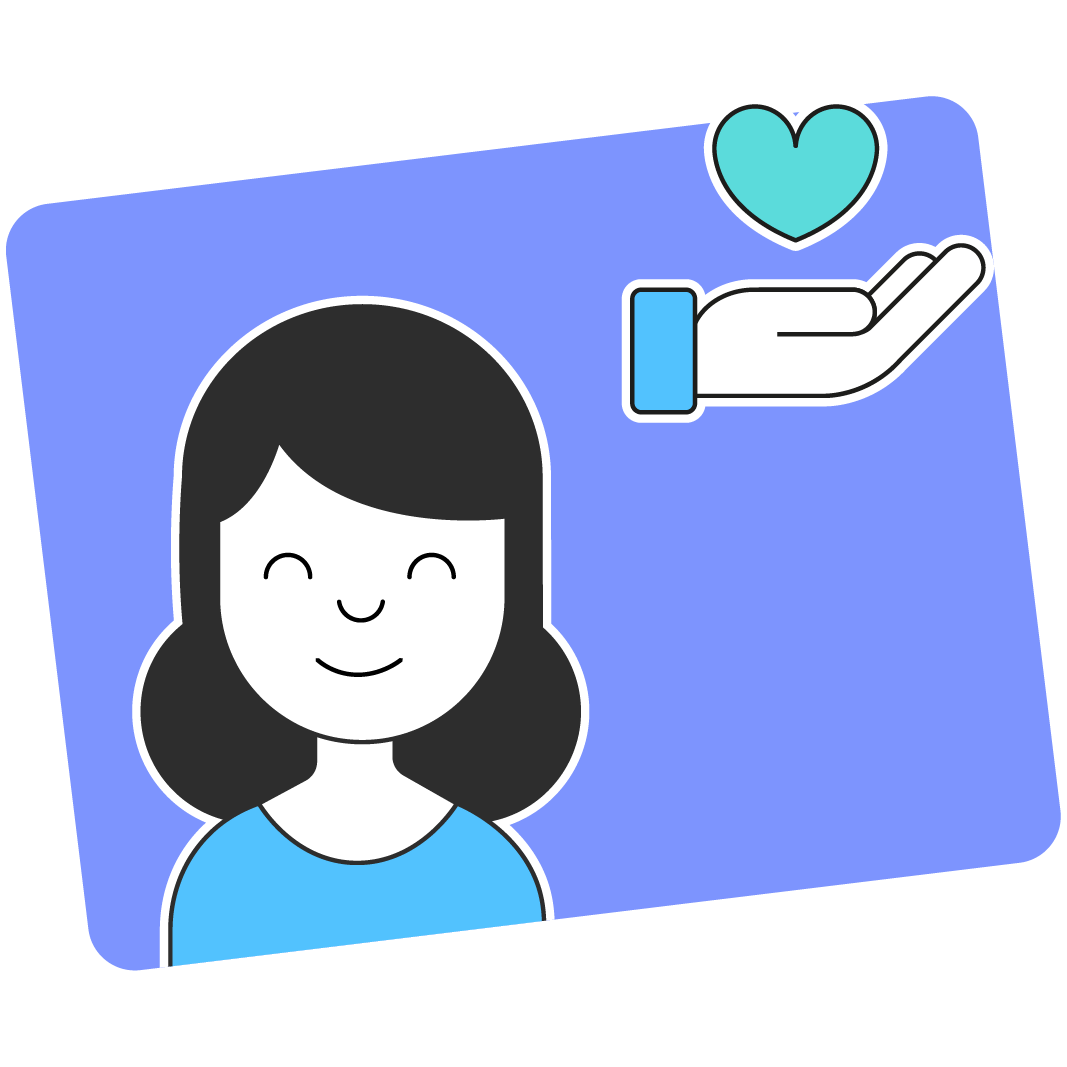
ESFJ – Consul: Extroverted, Sensing, Feeling, and Judging.

ESFP – Entertainer: Extroverted, Sensing, Feeling, and Perceiving.

ESTP – Entrepreneur: Extroverted, Sensing, Thinking, and Perceiving.

INFJ – Advocate: Introverted, Intuitive, Feeling, and Judging.

INFP – Mediator: Introverted, Intuitive, Feeling, and Perceiving.

INTJ – Architect: Introverted, Intuitive, Thinking, and Judging.
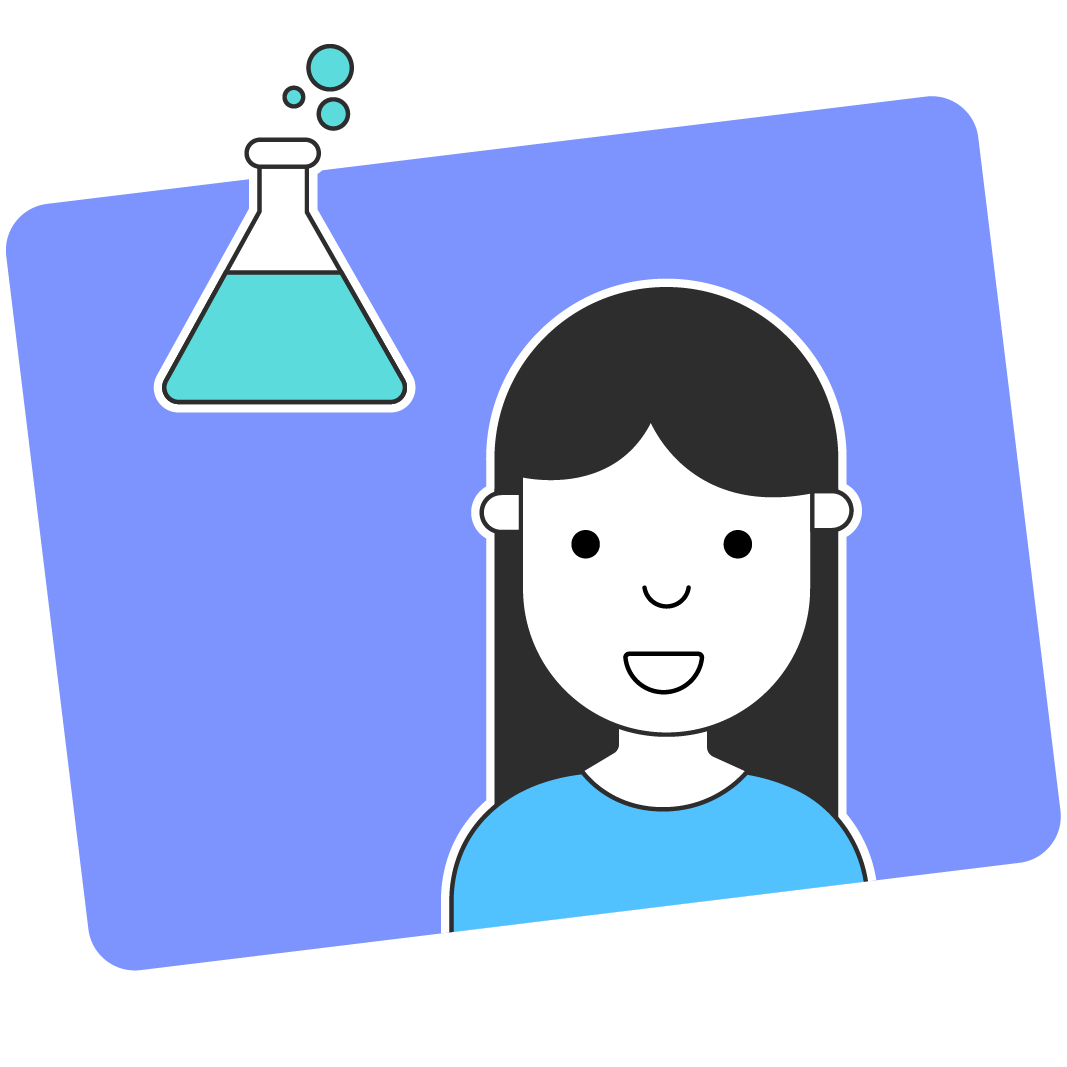
INTP – Logician: Introverted, Intuitive, Thinking, and Perceiving.

ENFP – Campaigner: Extroverted, Intuitive, Feeling, and Perceiving.

ISFP – Adventurer: Introverted, Sensing, Feeling, and Perceiving.
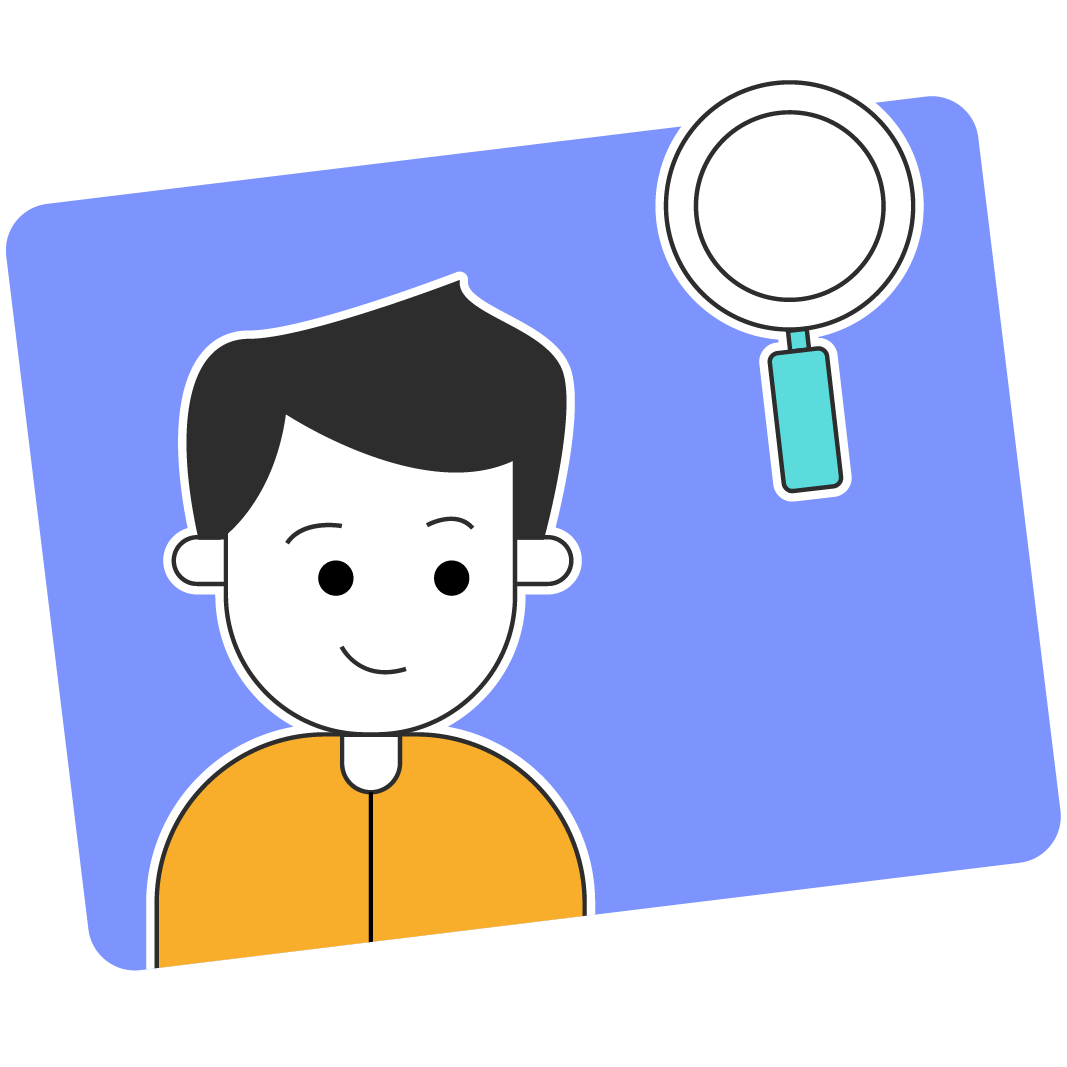
ISTJ – Logistician: Introverted, Sensing, Thinking, and Judging.
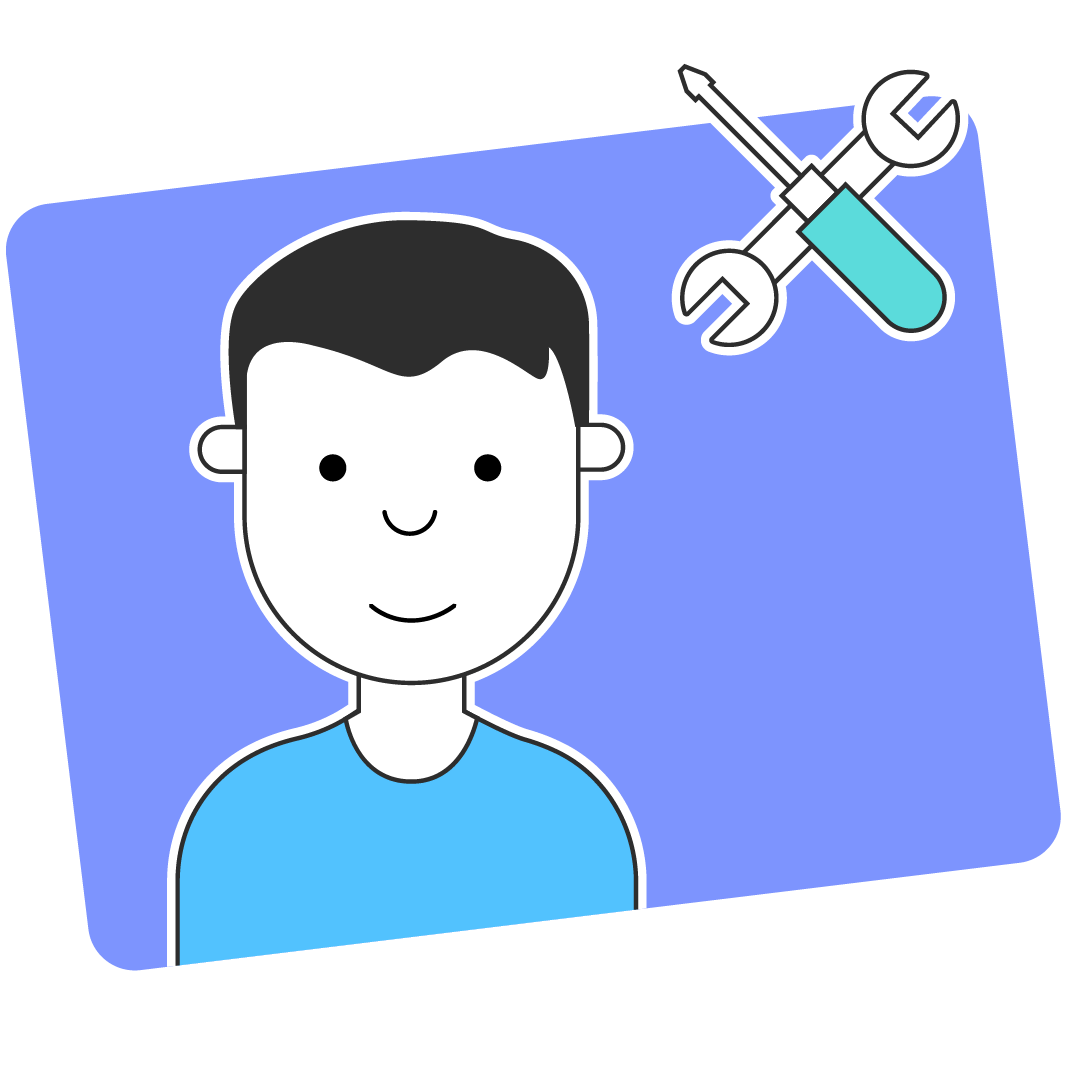
ISTP – Virtuosa: Introvertido, Sensitivo, Pensativo y Perceptivo.

ENFJ – Protagonist: Extroverted, Intuitive, Feeling, and Judging.

ISFJ – Defender: Introverted, Sensing, Feeling, and Judging.
Holland test
The Holland Test is based on the “Holland Code,” which divides personalities into six groups and defines the professions that align with each personality type.
This test helps you recognize your dominant personality traits, aptitudes, and professional affinities. By doing so, you can objectively analyze and better understand yourself.
If you want to delve deeper into the topic, we invite you to read our article: Holland Test.
Holland test results
Our personality is composed of a percentage of each personality type, and likewise, each profession includes various personality traits. Identify which personalities dominate you and the professions that best suit your type.
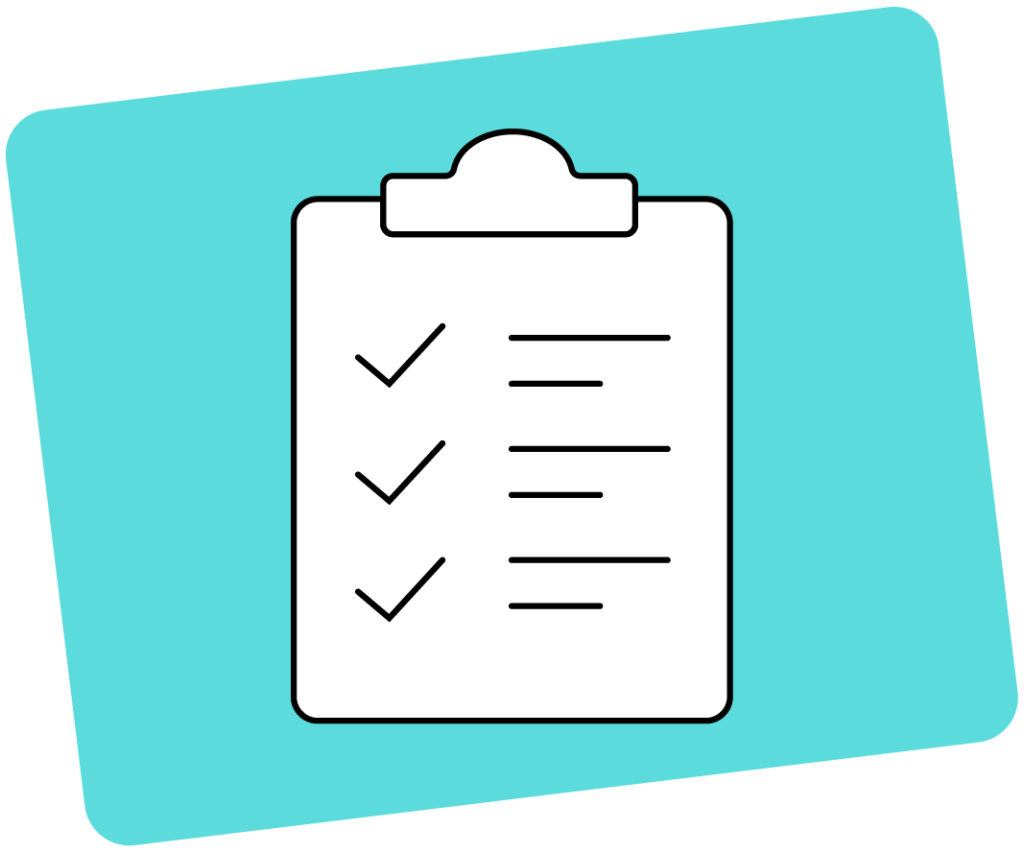
Conventional Personality (Organizers)
Careers: Secretaries, accountants, clerks, administrators, logistics and management professionals, among others.

Realistic Personality (Doers)
Careers: Engineers, architects, farmers, veterinarians, culinary professionals, doctors, among others.
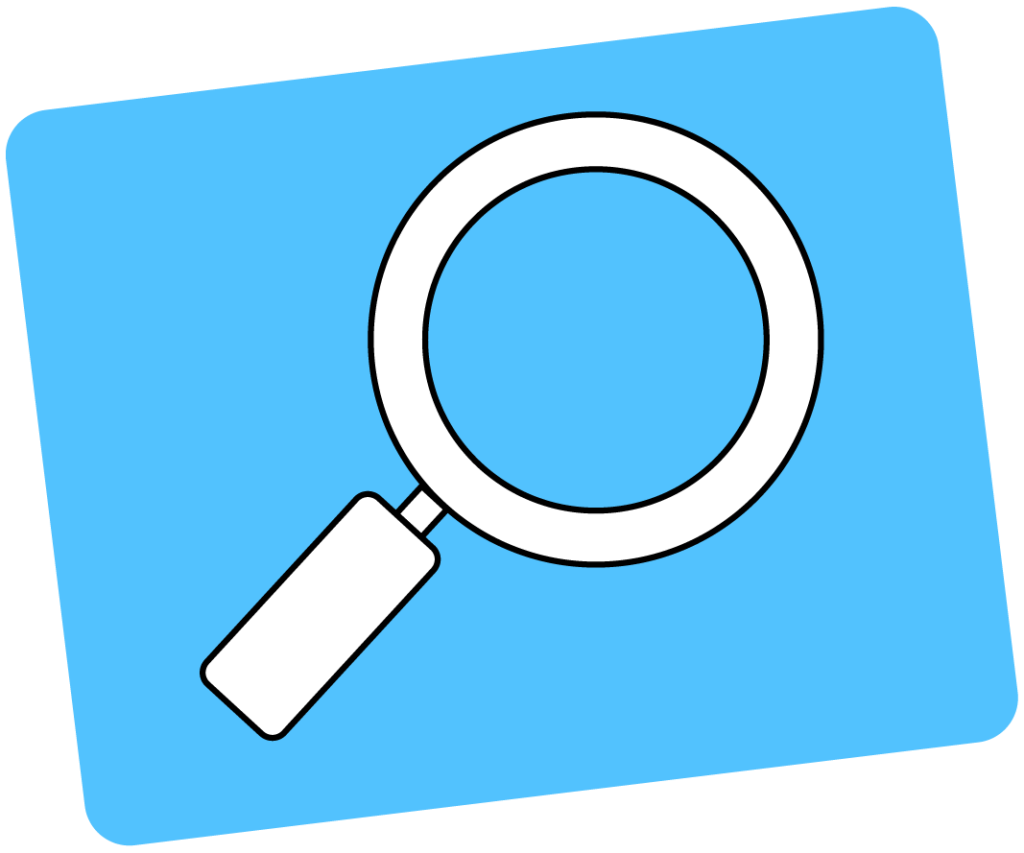
Investigative Personality (Thinkers)
Careers: Doctors, psychologists, scientists, mathematicians, among others.
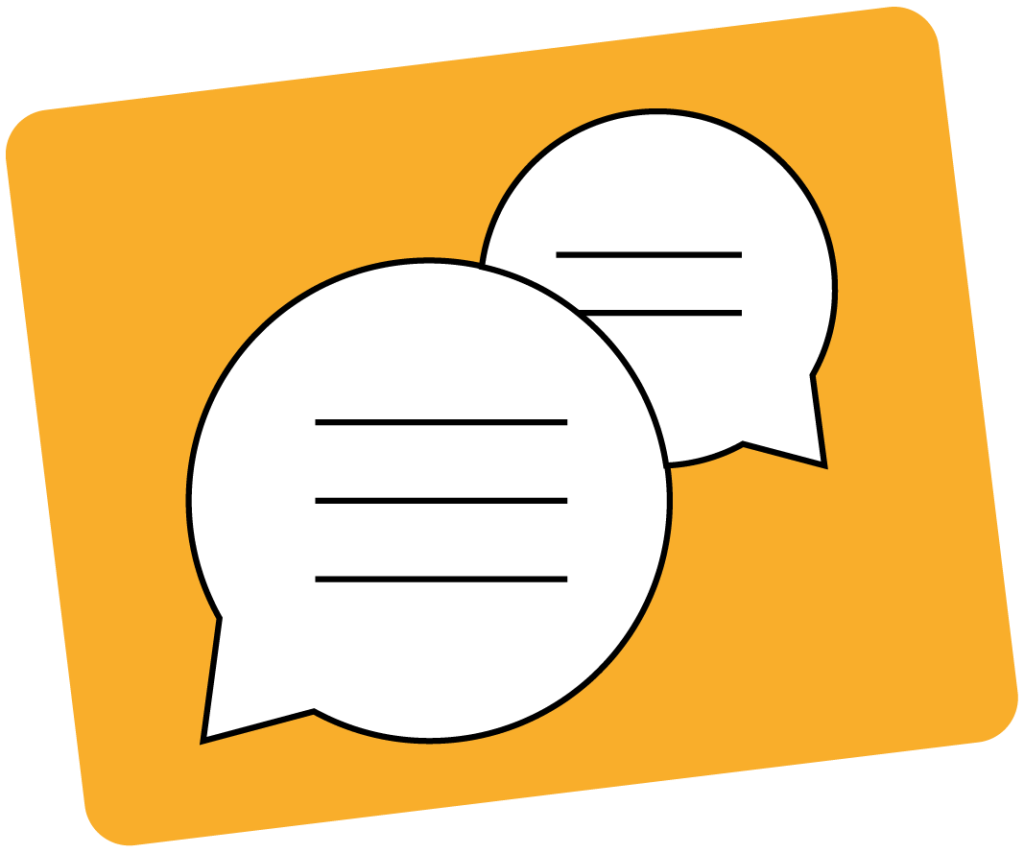
Enterprising Personality (Persuaders)
Careers: Bankers, sales professionals, engineers, lawyers, administrators, political science graduates, among others.
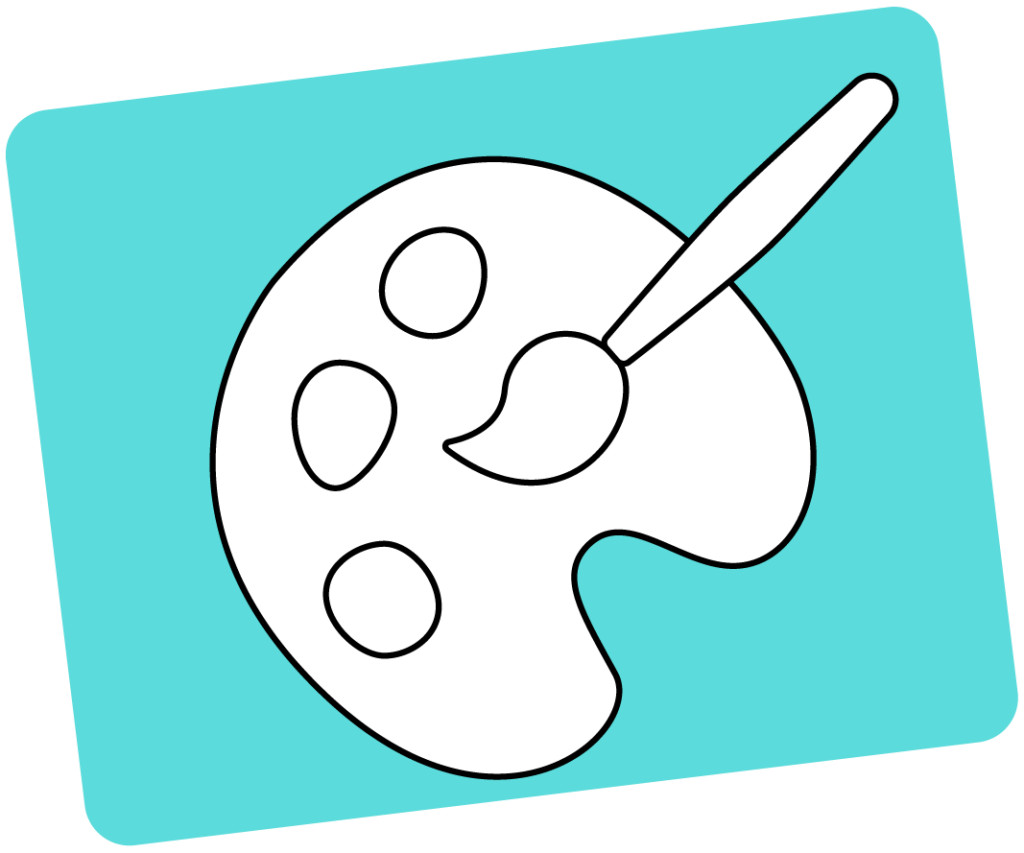
Artistic Personality (Creators)
Careers: Musicians, actors, journalists, writers, graphic and interior designers, among others.
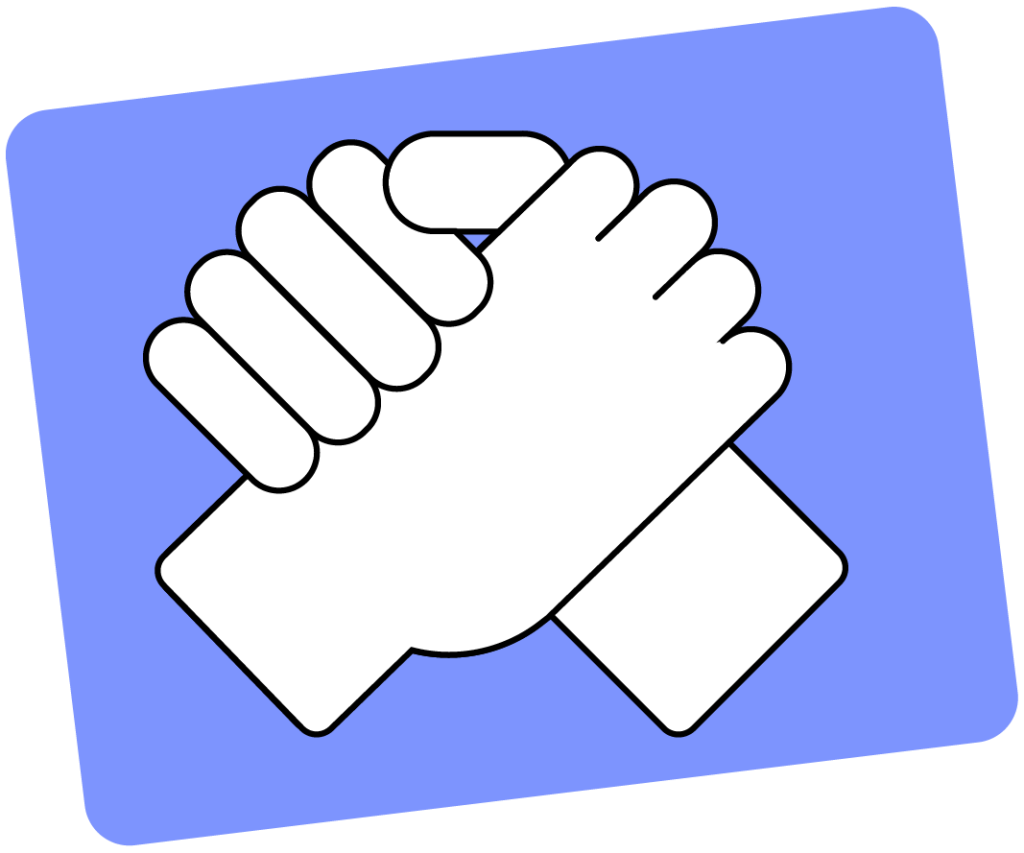
Social Personality (Helpers)
Careers: Doctors, teachers, psychologists, social workers, among others.
How to take a personality test
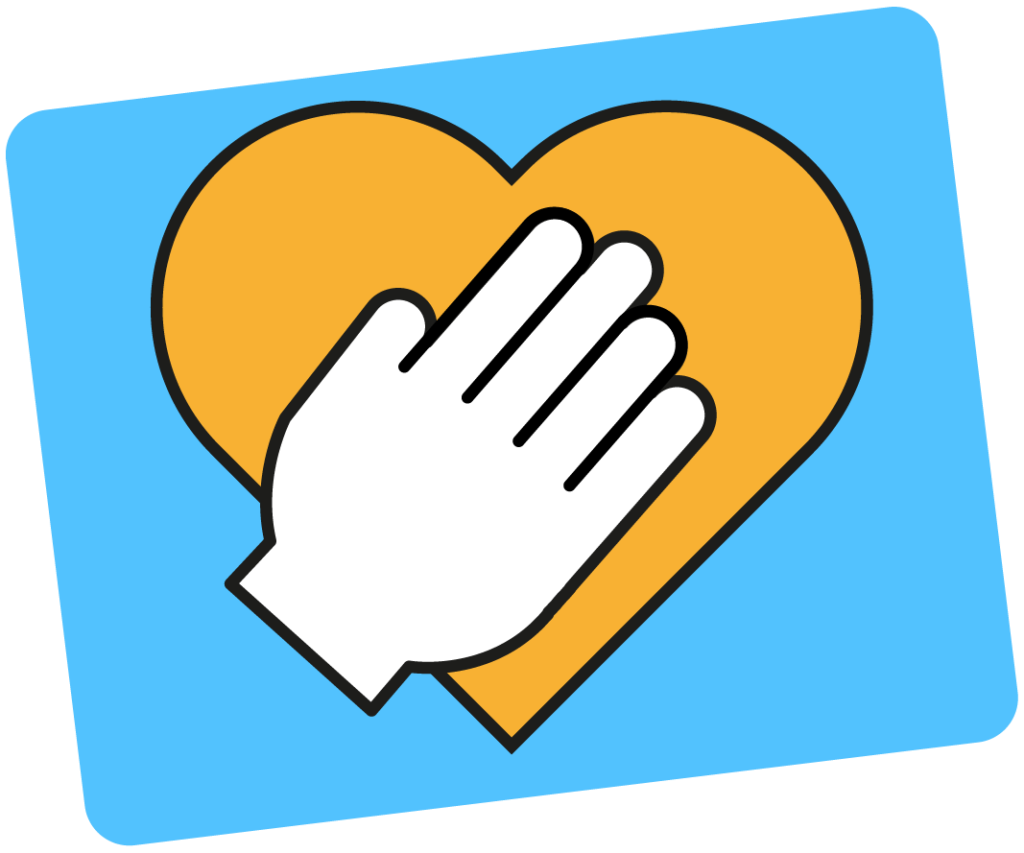
Answer Honestly
Avoid responding based on the result you hope to get. Be sincere with your answers to ensure the most accurate outcome.

Take Your Time
Vocational tests include multiple questions, so we recommend setting aside enough time to think through each answer and complete the test properly.
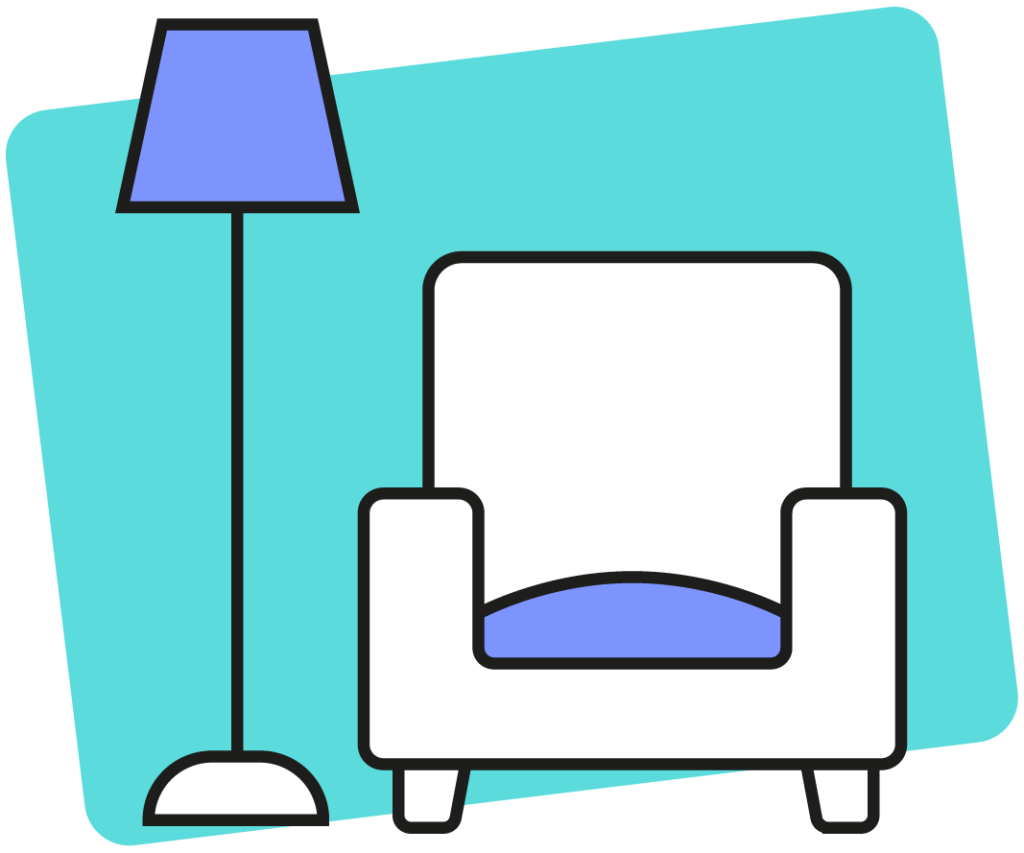
Choose a Quiet Place
Find a comfortable, distraction-free space where you can focus on the questions and respond with a clear mind.
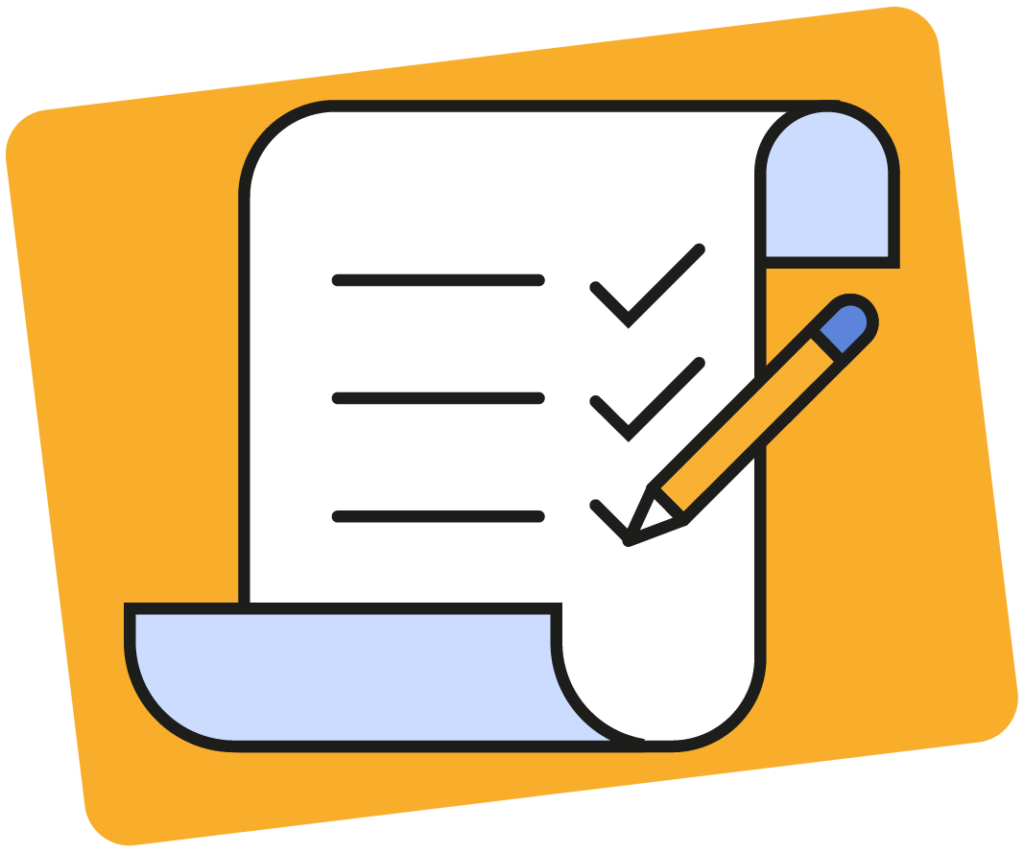
There Are No Wrong Answers
Remember, there are no right or wrong answers. These tests are a starting point to help you understand yourself better.
